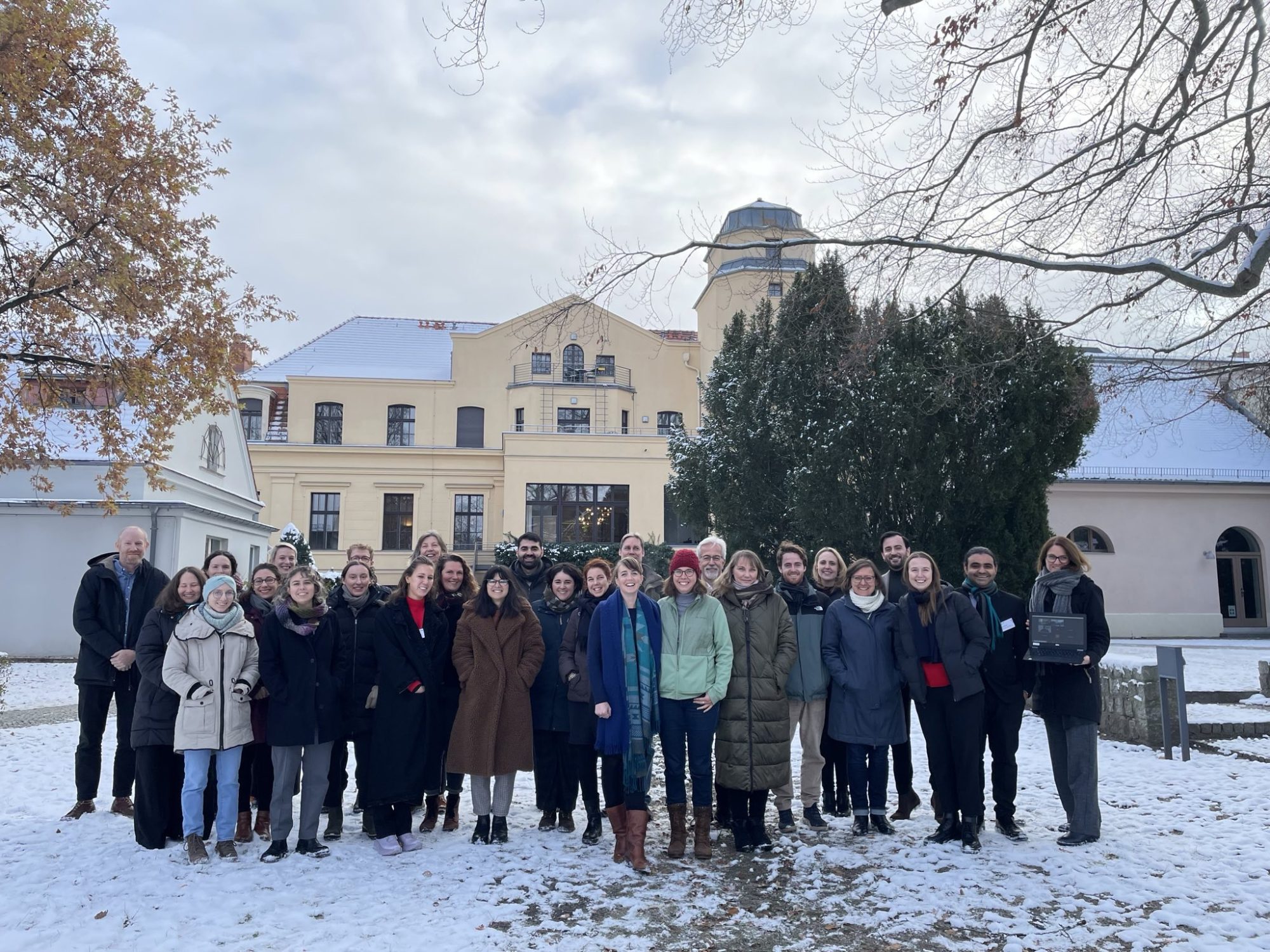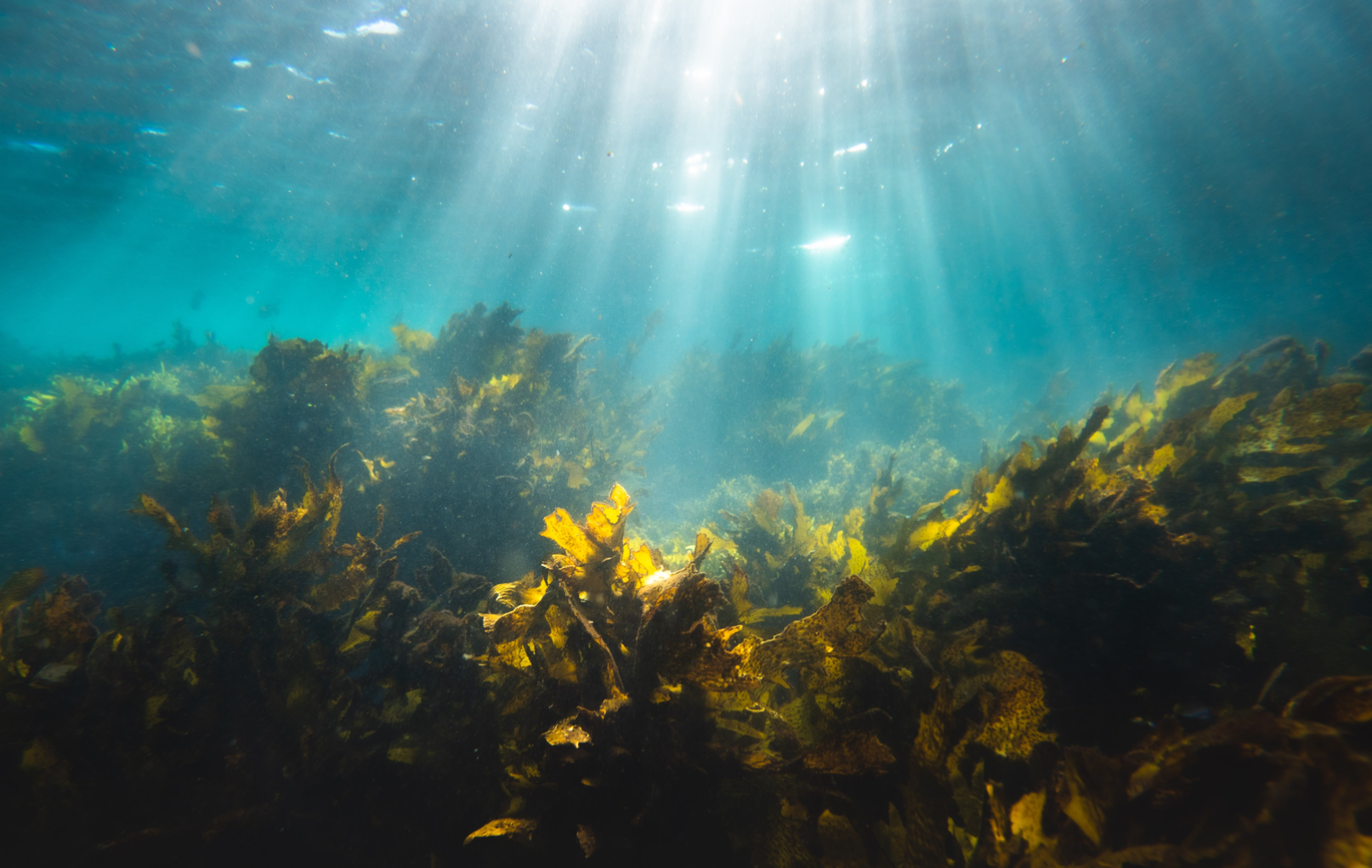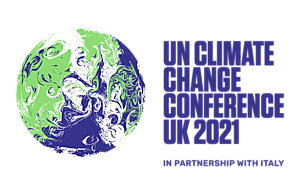
Future Governance of Ocean-Based Negative Emissions Technologies: A Scenario Workshop
30 November – 1 December 2023
Research Institute for Sustainability – Helmholtz Centre Potsdam

The deployment of ocean-based ‘negative emissions technologies’ (NETs) to enhance the natural function of the ocean to sequester and store carbon has been proposed to keep within temperature limits as agreed upon by the global community. While the deployment of NETs for large-scale carbon dioxide removal (CDR) holds potential also for alleviating climatic pressures on the ocean, a range of challenges have been identified, including related specifically to governance of the technologies. The aim of this in-person two-day workshop was to look towards the future and identify opportunities within the global ocean governance regime to govern ocean-based NETs in a comprehensive manner.
The workshop was organised by the Research Institute for Sustainability – Helmholtz Centre Potsdam (RIFS – formally Institute for Advanced Sustainability Studies / IASS) as part of the OceanNETs project and followed a first workshop that identified challenges within the current governance framework for ocean-based NETs. This second workshop asked participants to take part in both breakout groups and plenary discussions to explore scenarios that reflect on identified governance challenges within the current and alternative global ocean governance regimes. Participants have been asked to develop „good governance” responses within given prompts and interactively advance discussions on the future governance of ocean-based NETs.
The workshop results has been summarized in deliverable D2.4: Summary report on Workshop 2 on governance for oceanbased NETs.
Science-Policy Discussion: Achieving climate neutrality and the Paris Agreement goals: Opportunities for ocean-based methods of carbon dioxide removal (CDR)
Tuesday 25 October 2022, 12:00 – 14:00 CEST
Hybrid event organized at the European Parliament & WebEx Events

Even with ambitious climate policies, humanity is still expected to release 5-15% of current carbon dioxide emissions in three decades, further driving global warming. One way out is to compensate by targeted carbon dioxide removal and storage. Many carbon capture and storage processes are land-based; since land is already a scarce resource, ocean-based approaches and processes are increasingly being researched.
A common challenge in many negative emission technologies is the difficulty of creating new global industries and supply chains. Therefore, there is a need to examine realistic deployment scenarios for the different methods by e.g. augmenting existing infrastructure. In addition, the technical, social, environmental and economic consequences of modifying current industries to increase greenhouse gas removal need to be identified, yet with implications that are relevant to the creation of new technologies. As a result, a multi-disciplinary and reflexive approach is key, especially when looking at the certification of carbon removal methods.
Given the potentially valuable contribution, but also controversial nature of ocean-based methods of carbon dioxide removal (CDR), this science-policy event aims at introducing a discussion around the societal, environmental, economic, and political implications of CDR methods, as well as important, necessary directions. As a result, this event organized under the umbrella of the European Parliament Intergroup on ‘Climate Change, Biodiversity and Sustainable Development’ invites Members of the European Parliament, the European Commission, member states, and other interested stakeholders, including non-governmental organizations, industry and academia, to address the previous results of OceanNETs and CDRmare, specifically looking at important background information for national, European and international political processes, agreements and regulations, such as the national Climate Protection Plan 2050, the IPCC reports, the COP27 negotiations and the European Commission’s initiative on ‘Certification of carbon removals’.
In preparation for the event, the two involved research projects OceanNETs and CDRmare published a policy brief that is publicly available here.
The meeting can be rewatched here on YouTube (link).
COP26 side event: Policy, business, and social challenges for carbon dioxide removals and carbon capture & storage

Short session description:
Carbon Dioxide Removal (CDR) and Carbon Capture and Storage (CCS) are critical on the path to climate neutrality. With research and industry experts, this event explores potential for CDR and CCS in various sectors and discusses social aspects, policies and business cases needed to scale up these technologies while managing risks. We provide insights into societal, business, and political challenges, providing lessons and discussing future outlooks.
Policy objectives/expected outcome:
The types and quantity of Carbon dioxide removal (CDR) to be deployed is likely to be constrained by various socio-economic and planetary boundaries. We will discuss how to include CDR in climate policies, how to build a robust regulatory framework for certification of CDR, and how to scale CDR technologies in time while managing related risks. Additional policy challenges will also be highlighted.
With research and industry experts, this event will acknowledge the renewed and growing interest in CCS for various sectors, emphasise what policy frameworks are needed now to support development and scale-up of CCS in this decade to reach climate neutrality by 2050, and how CCS contributes to the industrial transition towards net-zero, safeguarding jobs, industrial activity and economic growth.
The event will provide an overview of different H2020 projects and energy/climate platforms and their innovative approaches to reducing industrial emissions using CO2 Capture and Storage (CCS) in alignment with UNFCCC goals. The event will explore insights into the societal, business and political barriers and opportunities associated with CCS, providing lessons learnt and discussing future outlooks.
Speakers:
- David Keller, GEOMAR Helmholtz Centre for Ocean Research Kiel (OceanNETs)
- Kati Koponen, VTT Technical Research Centre of Finland (NEGEM)
- Eise Spijker, JIN Climate and Sustainability (LANDMARC)
- Milan Elkerbout, CEPS (C4U)
- Floris Swennenhuis, Radboud University (C4U)
- Graeme Sweeney, Zero Emissions Platform
- Fabien Ramos, DG Clima, European Commission
- Moderated by: Siobhan Hall
The event took place on 1 November 2021 in the EU Pavilion Brussels and can be rewatched here on YouTube (link).
OceanNETs public engagement event on Gran Canaria

On Monday 18 October 2021, the Poema del Mar Aquarium in the city of Las Palmas, Gran Canaria, hosted a public presentation of the work that OceanNETs was carrying out on the island.
Members of the OceanNETs Consortium, including researchers from GEOMAR and the Universidad de Las Palmas de Gran Canaria (ULPGC), carried out the first-ever in situ mesocosm study of artificial ocean alkalinization at the Oceanic Platform of the Canary Islands (PLOCAN).
This mesocosm study investigated the potential risks and side effects of ocean alkalinization on marine biological communities, and its value as a method for capturing atmospheric carbon dioxide and curbing ocean acidification.
The event at Poema del Mar included presentations from members of the OceanNETs Consortium from ULPGC, GEOMAR, and the University of Oxford, and was meant to facilitate a public discussion of ocean-based carbon capture with a wide array of civil society actors in the Canary Islands.
